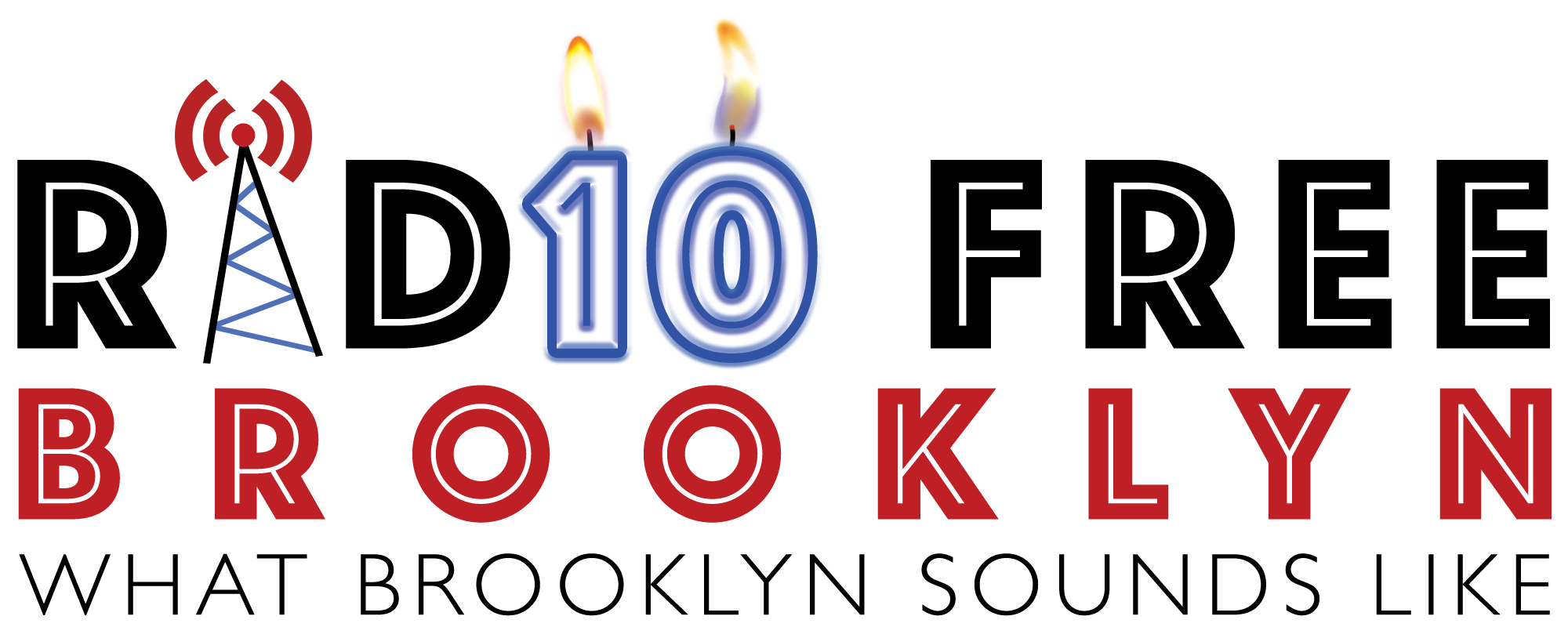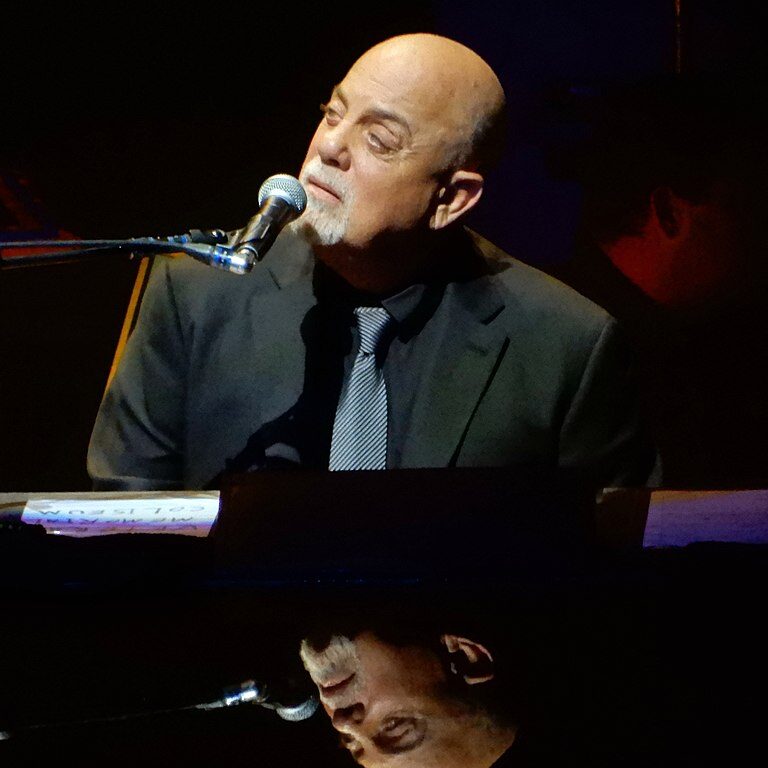Here’s a twist on that hoary old saying, “You can take the man out of Tin Pan Alley, but you can’t take the Tin Pan Alley out of the man.” Look no further than Billy Joel, one of the foremost jazz-influenced pop musicians. He’s a pop stylist before anything else, but his jazzy sensibilities make his songs sound slightly different from the rest of the field.
Let’s talk about chord progressions. In brief, pop songs are written around a cycle of chords, a plurality of notes that create a specific sound. The vast majority of pop songs follow a common progression – a root chord, which tells you the song’s key, and three more chords at specific intervals above the root, the highest of which is a minor chord. The chords can be arranged in virtually any order with the same resulting feel. You recognize this even if you didn’t understand any of it. Listen to a pop song and there it is, from Adele’s “Hello” to Journey’s “Don’t Stop Believin’” to Carly Rae Jepsen’s “Call Me Maybe”. And as with anything this ubiquitous, deviations from the norm stand out.
Enter Billy Joel. He’s one of pop music’s most beloved figures and one of the most successful modern musicians. He also does things a little differently from many of his peers. His songs may be rooted in blues, doo-wop, and pop, but his arrangements, phrasings, and chord changes display his Broadway-style jazz influences. The jazz leaks through even when he tries to rock. Take a song like “You May Be Right”. While the chorus is the common pop chord progression (expressed as I-IV-V-vi, with the lowercase Roman numerals indicating a minor chord), the verse is unusual – I-V7-vii-V. The vocal is also unusual; instead of the typical A-A-B-B or A-B-A-B rhyming structure, it’s A-A-B-C-C-B, something that’s more musical theater than top 40. While he never went full jazz-rock a la Steely Dan, Joel was always more of the former than the latter.
Two of Joel’s other rockers, “Uptown Girl” and “A Matter of Trust”, sound oh-so-close to the common progression, but with unusual digressions – a I-ii-IV-V and a I-V-iv-#iii respectively. “A Matter of Trust” especially stands out with the resolution of the progression ending on a minor sharp chord at the end of the second line of each verse. It’s an unusual decision by a pop artist that only someone like Billy Joel would make. It gives what might otherwise be a bland mid-tempo rocker a different texture and echoes the pathos of the lyric.
One of the only songs in Joel’s oeuvre that follows the common progression is also one of his worst and least musically interesting songs—the now-infamous “We Didn’t Start the Fire”. Joel himself has called the melody repetitive and boring, at one point likening it to a dentist drill. In addition to being Forrest Gump in song form, it sounds common, unlike most of his work, which sounds like Billy Joel. Maybe it would have been better if he threw a minor 7th in there. He finally made a straightforward pop/rock song, temporarily excising his inner Gershwin, but at the expense of what made him distinct.




